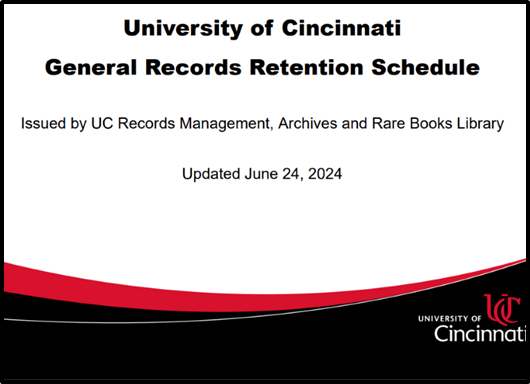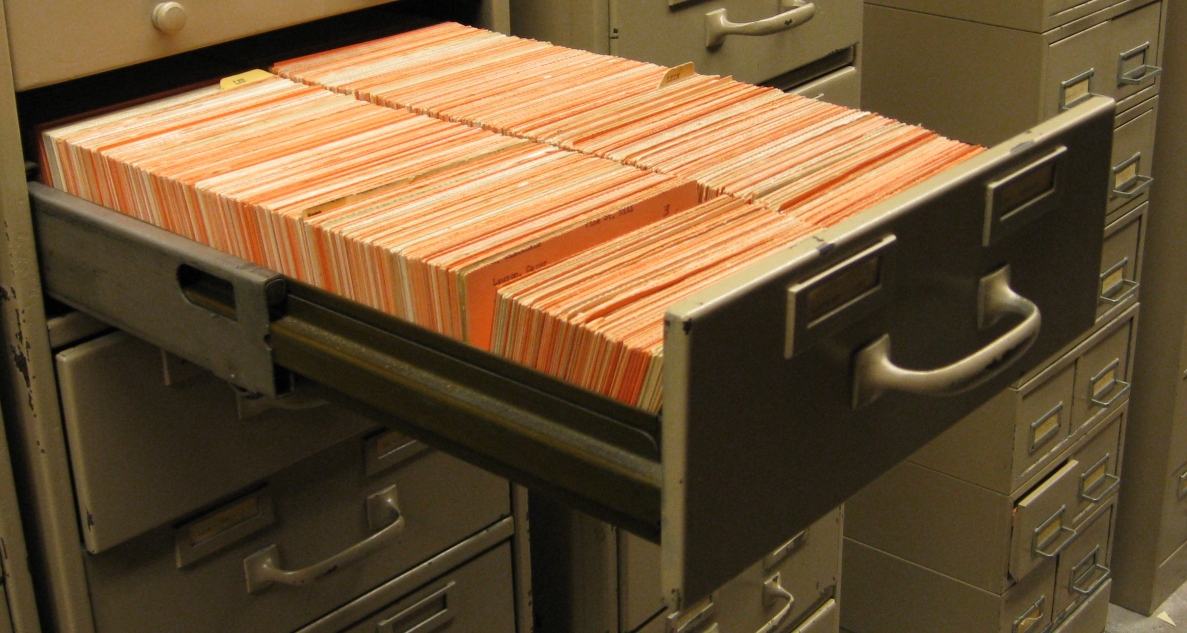Change happens. It’s a fact of life. For lots of reasons. Recent changes to the General Records Schedule, the document providing direction for the disposition of records generated by UC personnel, show that it’s no different for records retention. While slight, the changes were still essential to executing the records management program. What is as important as change happening is that these changes be documented for and shared with relevant stakeholders. Fortunately, at UC a process exists for that. It occurs in three phases: the reason behind the changes, how the GRS is updated, and communication of the changes.

The reason behind the most recent changes may seem insignificant: updated regulations extended retention periods from three to six years for records concerning the administration and distribution of grant funds (GRS-ACC-13-2016) and those related to administration of successfully funded grant proposals and contracts (GRS-ADM-18-2016). These records must now be retained throughout their active use plus six years. Only after six years can staff destroy them.
But how are changes documented? Documentation is as critical as reasons why changes must happen. Done properly it will enable staff and faculty from across UC to readily access information they require to make informed decisions on the disposition of records. The process of documenting the changes, however, was efficient. The Archives and Rare Books Library maintains an MS Word copy of the GRS. Previous changes were highlighted in yellow. These highlights were removed first found and then removed. This was done to prevent confusion for users as to what the recent changes were.

Then the recent changes were applied to the affected schedules. For GRS-ACC-13-2016 (Grants – Financial) the change recorded was altering the minimum retention from three to six years, then highlighting the minimum retention period. For GRS-ADM-18-2016 (Grants and Sponsored Research Files – Funded) the change recorded was more significant: not only was the minimum retention changed but a note was added that files were to be maintained longer if specified by the granting agency. With updates completed, the GRS was saved as a PDF with the new updates. This updated version replaced the existing one on Bearcats Landing.

Only the third phase remained. The GRS is a document critical to many across UC, even if they do not immediately realize it. A message was issued through the records management listserv to inform all on it of the change. Another message was posted on Bearcats Landing. Both alerted UC staff to the changes and will help remind them to consult the GRS to make accurate decisions on disposing records under.
The nature of records management is often fluid. Change will happen, requiring changes in the GRS to better serve the UC community. The process for making and documenting changes, however, allows staff from across UC to know what changes were made and when.
